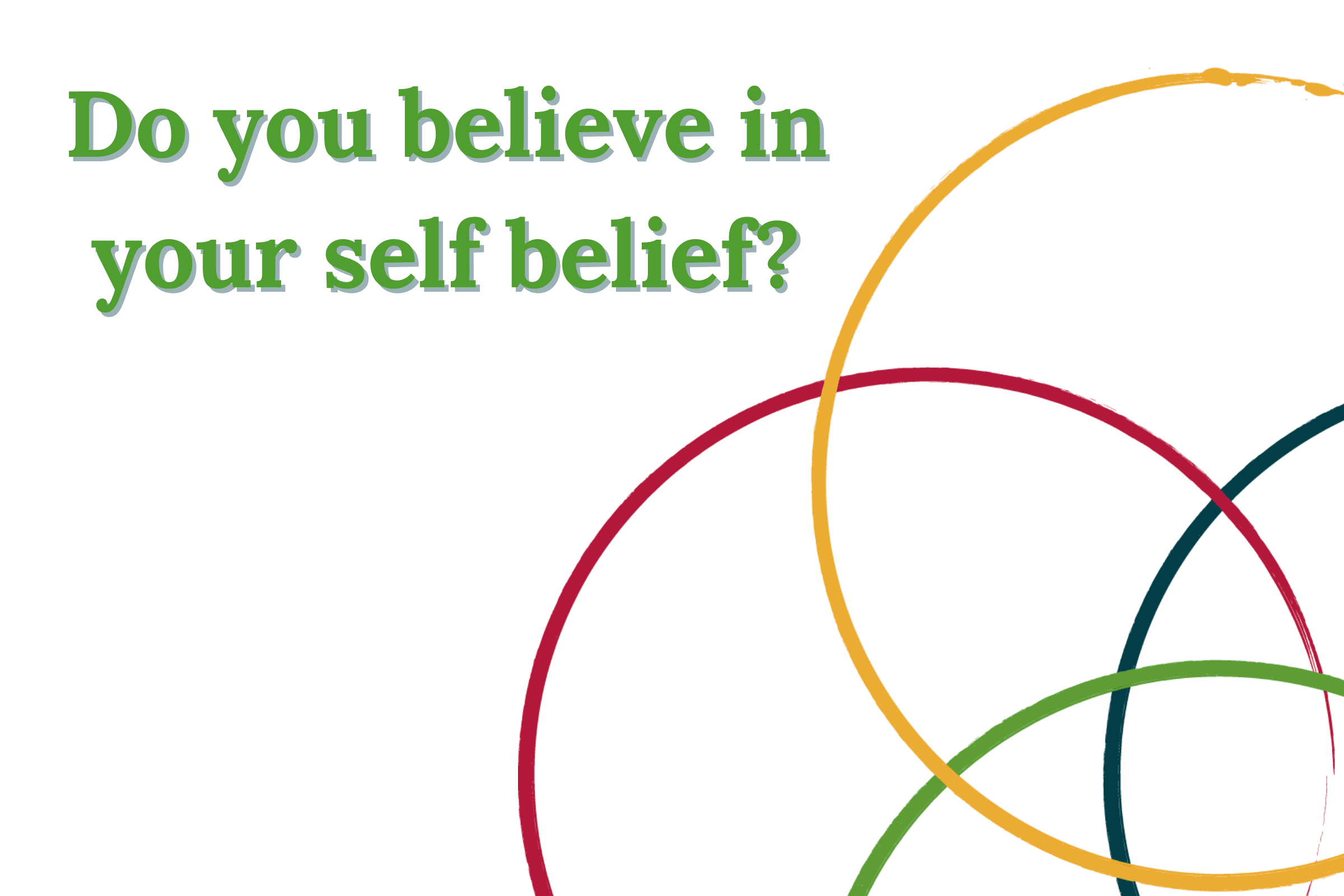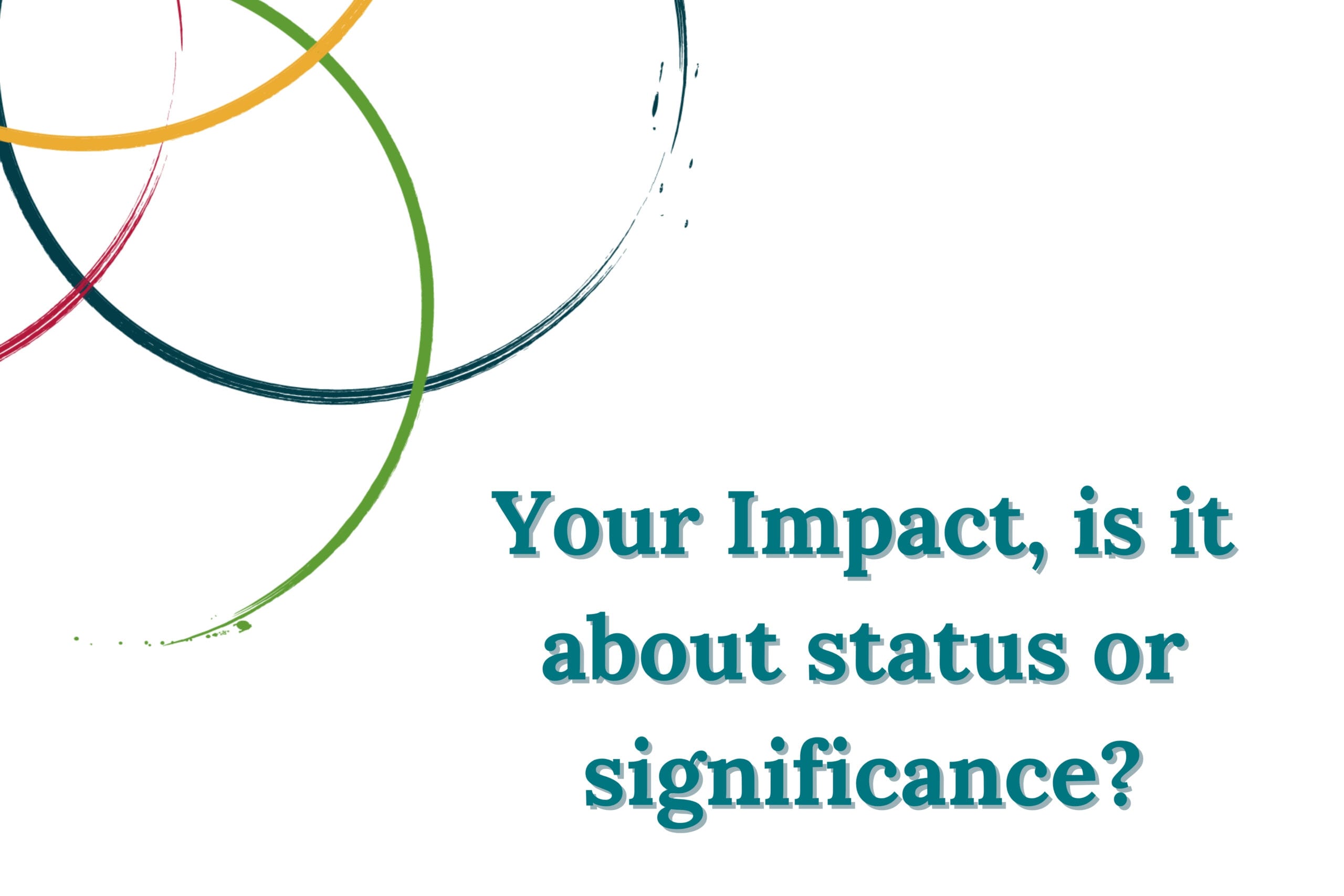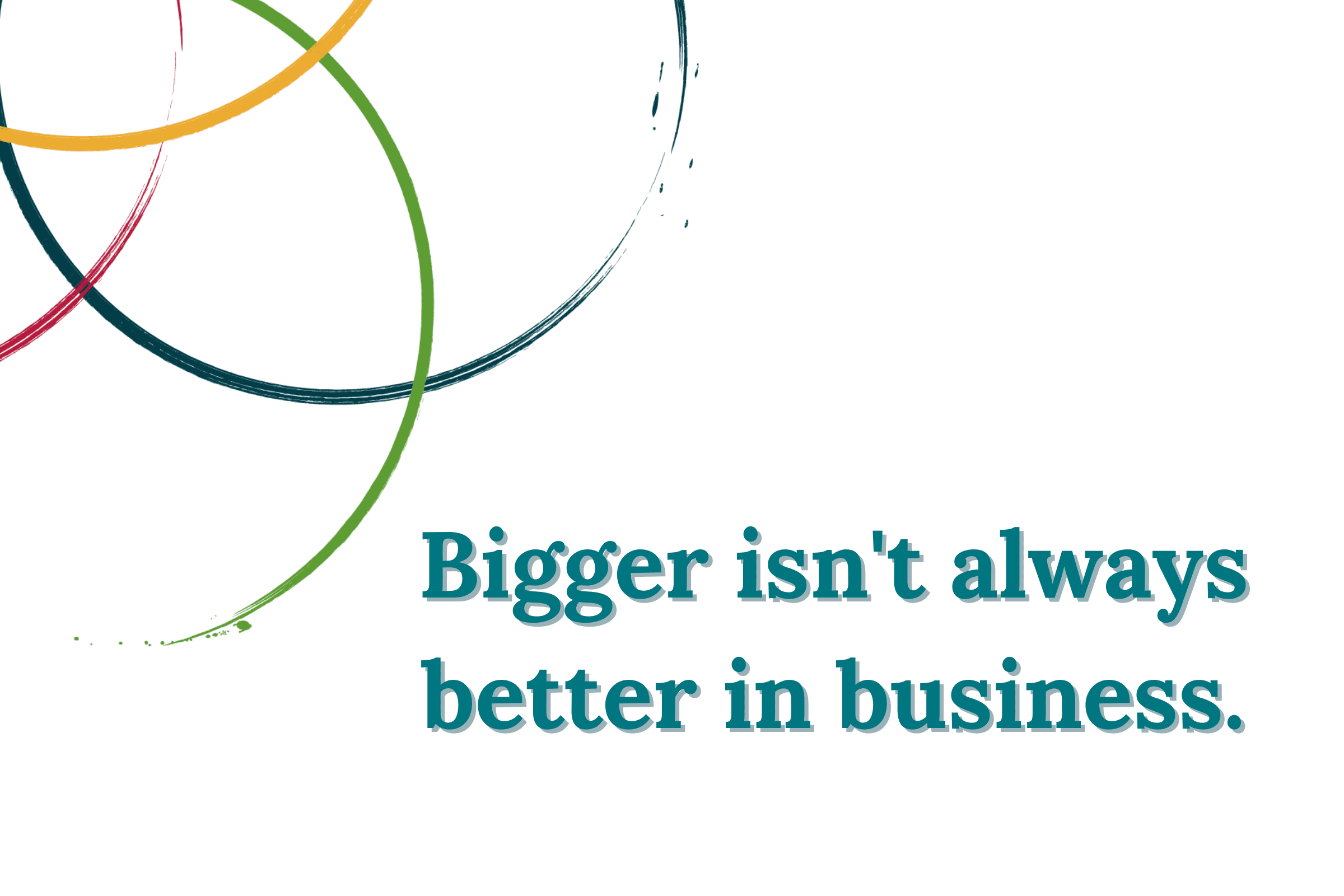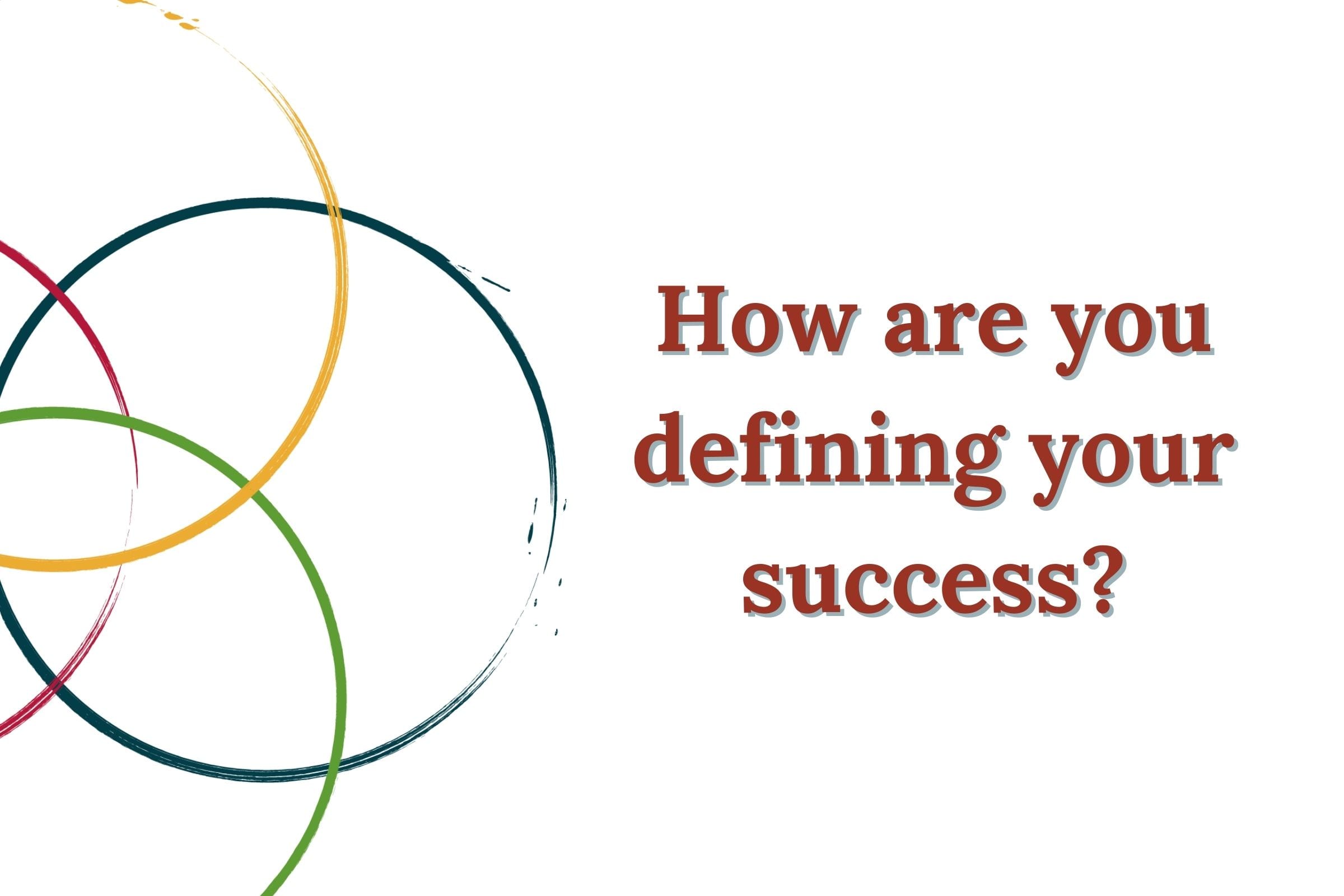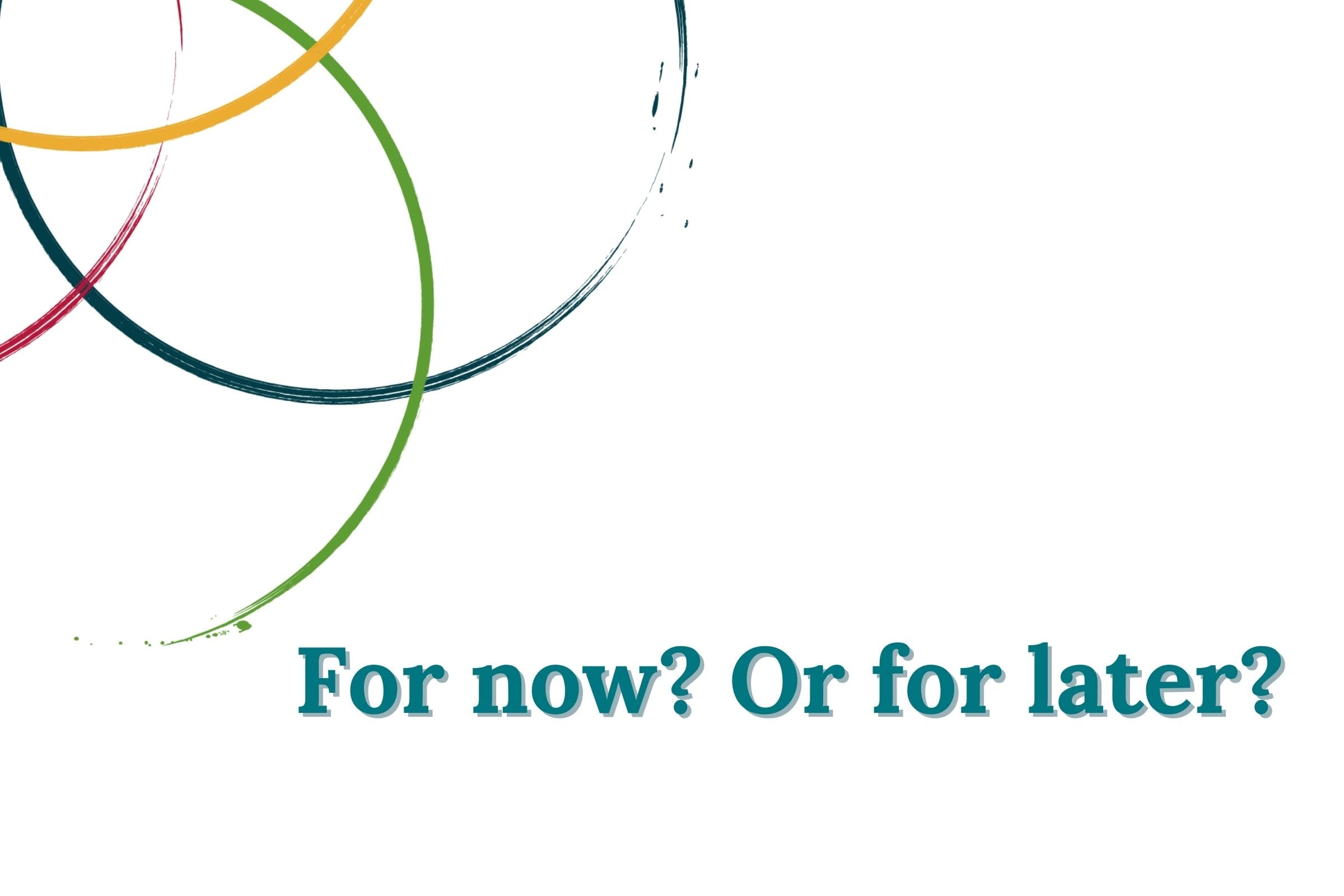“Whether you think you can or whether you think you can’t, you’re right.“
Henry Ford
Self confidence and self belief seem to be used interchangeably with researchers rarely agreeing on firm definitions or the relationship between them – it is however safe to say there is a kind of chicken and egg thing going on, one leading to the other and back again. There also seems to be a direct correlation when it comes to improvement, when one goes up the other does too, or for the purpose of this article – when beliefs change and become supportive, self confidence improves.
The conclusion I have drawn, after extensive reading around both topics over the years is that the beliefs we hold about ourselves, others and our environment have either a positive or negative impact on self confidence, whether we are talking situational, emotional, lifestyle or core confidence.
Confidence can be created, you can make your own, and an understanding of this contributes towards the development of core confidence, which is the stable, grounded, across-the-board confidence we all strive for. On the way, there are confidence shaped building blocks that are impacted by our beliefs – getting to know what your beliefs are and how they affect your confidence is an essential part of the journey.
If you think about it, confidence we experience most frequently is situational – situations in which we feel super confident due primarily to familiarity, practice and experience. Consider driving a car or riding a bike – but it wasn’t like that when you first started was it? Many wobbles, many tears and not much belief in your ability to successfully navigate the task. So what changed?
Repetition, obviously.
As you practised and practised your beliefs changed about the task and it became more possible and as that happened your confidence grew. The car or bike went from being unsafe, uncertain and a potential threat to life to be safe, easy and far more enjoyable. Now you have full belief in your ability to drive a car or ride a bike, there is never any doubt in your mind as you saddle or belt up. I wonder in the same would be true right now, today, if I told you that I had traded out your car for a Juggernaut (good luck reversing that out of the car park) or your bike for a unicycle. I would hazard a guess that your situationally-specific driving/riding confidence might take a nose dive as the circumstances change and your beliefs around your own levels of competence waver a little.
A change in situation raises the question – can I still confidently do this? Do I believe in myself?
The situation goes from known to unknown, affecting the beliefs you hold around your own confidence and your ability to solve new problems, triggering a flood of self doubt in the moment. Situational confidence is unstable. Your beliefs around your own competence are limited to the things you already know how to do – you believe in yourself in this situation only, you trust yourself in this situation only and that is not enough.
Another way confidence can be manufactured is through emotional or physiological means, think Amy Cuddy and her “power pose” and Tony Robbins and his “change your state”. At university I studied Sports Science and am very familiar with performance curves and the changes in physiology that help athletes get into “the zone” – which is pretty much the same thing, changing emotional and physiological state to enhance peak performance. There is no doubt here about how the beliefs we hold about ourselves would either help or hinder this process.
No amount of physiological stimulation, power posing, tuck jumping, punching the air and mantra shouting is going to drown out an underlying belief that “I can’t do it” and the accompanying negative self talk from the choir of critics who chant – not good enough, impostor – who do you think you are, you are certain to fail. Yes, I believe if our thoughts, lead to feelings which inspire behaviour (think, feel, do) we can also do, feel, think – and there you have it – to change the way we think there probably needs to be a belief change about what we can do (or a belief bypass at the very least).
Confidence can also be created through diversification and a little desensitisation to difference, regularly going to different places, immersing yourself in different cultures and ideas, opening up to different people, opinions, worldviews – even just taking different routes or going round the supermarket backward – essentially expanding your lifestyle experiences through curious exploration of ways that are different! The belief change that occurs here is in our ability to survive and even thrive in the uncertain realm of the unknown. As you can imagine, our beliefs around difference, people, other cultures (stereotypes and biases) will either support the development of lifestyle confidence or will create friction and keep us camped in our comfort zones, surrounded by all that is familiar and safe.
Our beliefs about self, others and the world have a very significant impact on our ability to create confidence within ourselves, especially the types of confidence discussed thus far which are temporary in nature, a little circumstantial and maybe a tad unstable.
So what about core confidence?
The intrinsic, immovable kind.
The identity confidence that allows you to live to your own internal code, your own standards, your own tune.
The confidence that exists in a vacuum.
The one that isn’t projected but is grounded through your whole being in every thought, feeling and action.
Core confidence overlaps with self belief and self esteem. Not only does it involve what you believe about yourself, your competence and your perceived ability to face and cope with the unknown, we are dealing with beliefs around your intrinsic value, your self worth, and your beliefs around success, particularly in terms of availability and deserving.
Do you truly believe success is available to you?
Do you believe you deserve it?
If you want to understand your confidence levels as they are right now and possibly begin the internal work required to raise them, a good place to start would be to examine your self belief – in particular the beliefs you hold about yourself in terms of:
- Your belief in your competence;
- Your belief in your ability to learn and solve a problem;
- Your belief in your intrinsic worth;
- Your belief in your ability to meet your own needs;
- Your belief in your ability to influence your life;
- Your belief in your ability to co-create your future success.
Be honest.
Look deep.
There is one thing I know to be true – in the words of Henry Ford “Whether you believe you can or not, you’re right”.

